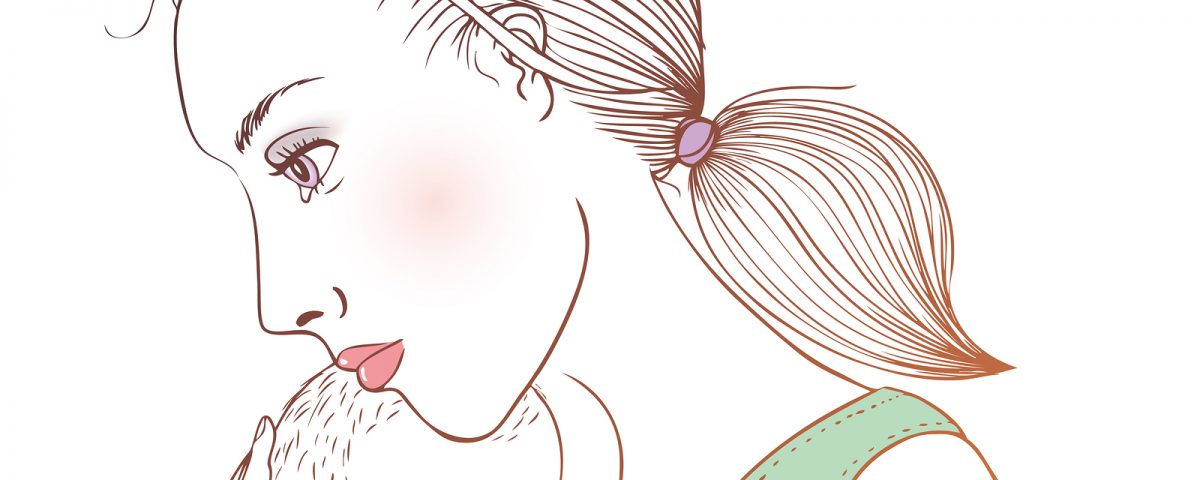Could I Have Postpartum Depression?

Giving birth to a new baby is a huge transition in a woman life! It’s an overnight upheaval that ensures life will never again be the same. Most women experience some level of stress and anxiety caused by this new reality, as well as by fluctuating hormone levels. And this is absolutely normal!
However, if these feeling don’t subside after a few weeks, or if they get worse, you may be suffering from postpartum depression.
The symptoms of postpartum depression include:
- Mood swings
- Sadness
- Irritability
- Lack of energy and motivation
- Feelings of worthlessness and guilt
- Changes in appetite
- Insomnia, or conversely, sleeping more than usual
- Suicidal thoughts
- Lack of concern for yourself
- Lack of interest in your baby and/or inability to care for her
- Negative feelings towards your baby
- Worrying about hurting your baby
Rarely, a new mother can experience postpartum psychosis. This is characterized by a complete loss of touch with reality, typically experienced within a few weeks of giving birth. Symptoms include:
- Hallucination
- Irrational or paranoid beliefs
- Bizarre behavior
- Thoughts of hurting or killing your baby
Postpartum psychosis is considered a medical emergency, and needs to be treated in an emergency room immediately!
If you are indeed suffering from postpartum depression, it is critical to get help. Depression can not only rob you of happiness, but it can adversely affect your child as well. Studies have shown that babies of depressed mothers can go on to have a host of cognitive, emotional and/or behavioral problems as a result of their mothers’ depression.
Some self-help techniques for treatment include:
- Making time for yourself each day doing something you enjoy…without the baby
- Enlisting or hiring help with childcare and/or housework
- Joining a support group for new Moms
- Spending time with and nurturing your relationship with your significant other
These measures may not be enough, and that’s where professional treatments come in. Some treatments that can be very effective in getting you back to your old self include:
Therapy – Working through your feelings about new motherhood, and coming up with a plan to successfully manage your feelings and your new responsibilities can be enormously beneficial.
Antidepressants – Postpartum depression responds to the same types of medications as regular depression.
If you are suffering from postpartum depression, it is important not to feel ashamed or to think of yourself as a bad mother for having these feelings. It is not uncommon and is not in your control. What is in your control, however, is the initiative to seek help. And that you must do.
For more information about postpartum depression, visit Helpguide.org
